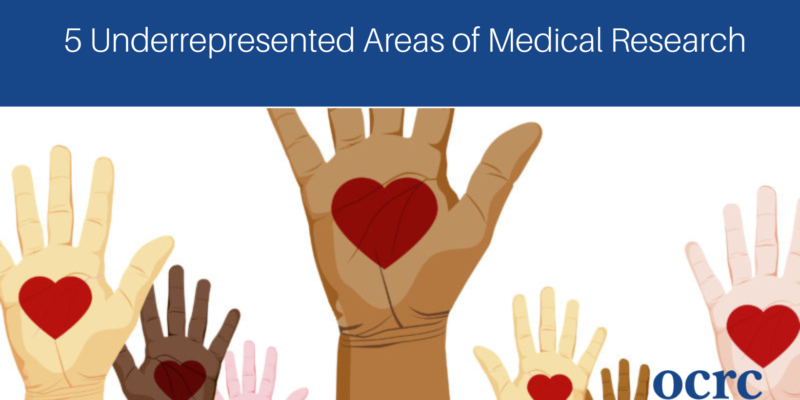
Every year, the National Institutes of Health spends over $30 billion on medical research to better understand mental or physical diseases because of how vital it is for the improvement of lives around the world. Not every area receives the level of attention it deserves, however. Learn more about the five areas that need more medical research.
Pain is deemed chronic when it continues for longer than 12 weeks despite medication and treatment. It can come and go or be constant, and it can occur anywhere in the body, interfering with daily activities and leading to depression, anxiety, and other problems.
Although almost 50 million adults in the United States battle chronic pain, and there has not been enough research into its causes.
Some chronic pain has a direct cause, like an injury or a physical illness, but other types of chronic pain do not. Medical research into finding the cause is vital, as is understanding how to offer people with chronic pain the relief they need from their symptoms.
Mental health refers to your emotional, psychological, and social well-being, affecting how you think, feel, and act. Almost 58 million people in the United States have a mental health illness, including:
Recently, there has been a decrease in research grants for serious mental illnesses, as well as a decrease in clinical trials for new drugs that can help treat severe illnesses like schizophrenia. There is also a lack of research into mental health that occurs with old age, including some forms of psychosis.
The right medical research could help with understanding not only what causes mental illness but also the development of new drugs that can treat the various conditions.
There are over 10,000 rare diseases, and combined, they affect over 30 million people in the United States. Because each disease only affects a few thousand people at most, there has not been serious medical research done in this field.
Genetic disorders are the most common cause of rare diseases. By conducting clinical research into these illnesses, scientists can identify the cellular and molecular pathways associated with the development of other diseases, helping create new ways of treating or preventing more common illnesses.
Research of this type is helpful not only for those with rare diseases but for the entire world.
In the United States, ethnic and racial minorities experience higher rates of illness and death across a variety of conditions when compared with their white counterparts. Although there has been research done on identifying health disparities, there has not been much on how to fix the problem.
Medical research can help combat the human cost of health disparities while also saving the government money each year.
If the prevalence of an illness in a minority group can be lowered to meet the prevalence of their white counterparts, minorities would not suffer disproportionate deaths. The money that would have gone to treating their conditions could also help fund other crucial research.
Neglected tropical diseases (NTDs) are diseases that historically have affected the world’s poor and never receive enough attention. Some of these diseases include:
NTDs can affect cognitive and physical development, make it difficult to earn a living, and contribute to mother and child illness and death. They affect more than one billion people globally, but many are easily treatable.
Research can not only help with the management of these conditions, but because the cause of NTDs is closely related to poverty, it can also offer insights into how to begin improving the conditions of those who are most vulnerable.
Medical research is responsible for some of the most important health advances in the world, helping people lead more productive and healthier lives. This research is essential to bridge the knowledge gap scientists have about chronic pain, mental health, rare diseases, health disparities, and NTDs.
At Orlando Clinical Research Center, we specialize in conducting phase I-IV clinical trials to test investigational medications being developed by pharmaceutical and biotech companies. Contact us today to learn more about our current studies.
